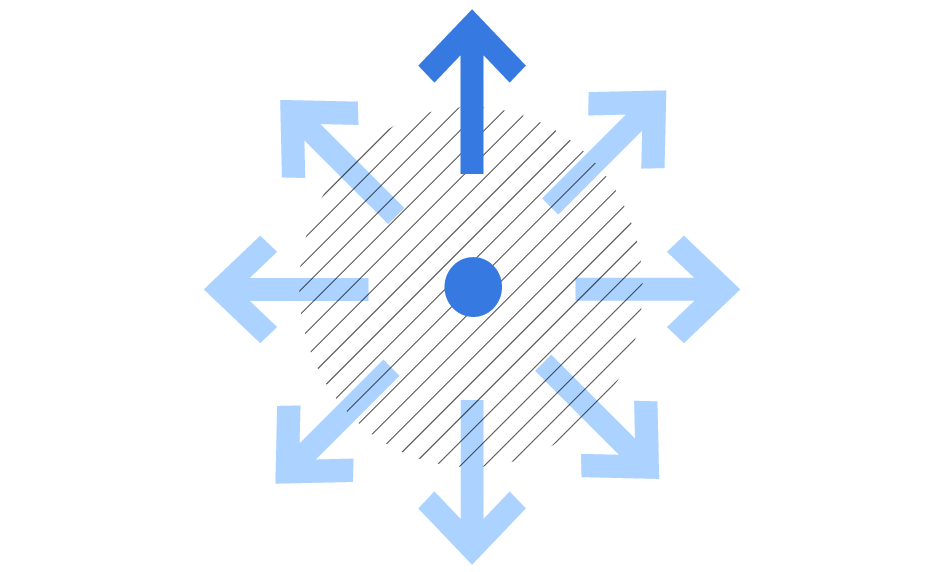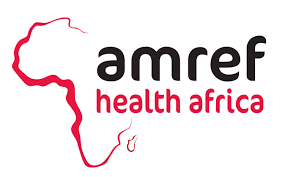Dutch Royal Tropical Institute ‘passes the baton’ to the Library of Alexandria in Egypt
Over the past decade, there has been a growing understanding that the solution to many problems in developing countries must include the active participation of the people living there. On the ground, this means local doctors and public health scientists who can research endemic diseases and health issues; agricultural researchers geared to local crop and climate conditions; and environmental researchers who address impacts in their own backyard.
In terms of research, one of the most positive signs for Africa has been the recent increase in research being conducted by African scientists. From 1996 to 2012, the share of the world’s articles with African authors nearly doubled from 1.2% to about 2.3%. This increase has important implications, demonstrating a rapidly increasing potential for “South-South” information transfer. Through published research, what is learned in one country can provide the basis for improvements in other developing and emerging regions.
The Library of Alexandria in Egypt is a compelling example. Having benefitted from access to ScienceDirect and Scopus since 2006, the library – with its proximity to many of the least developed and low-income countries in Africa – is well positioned to transfer knowledge and experience on the most effective ways to use these resources.




















